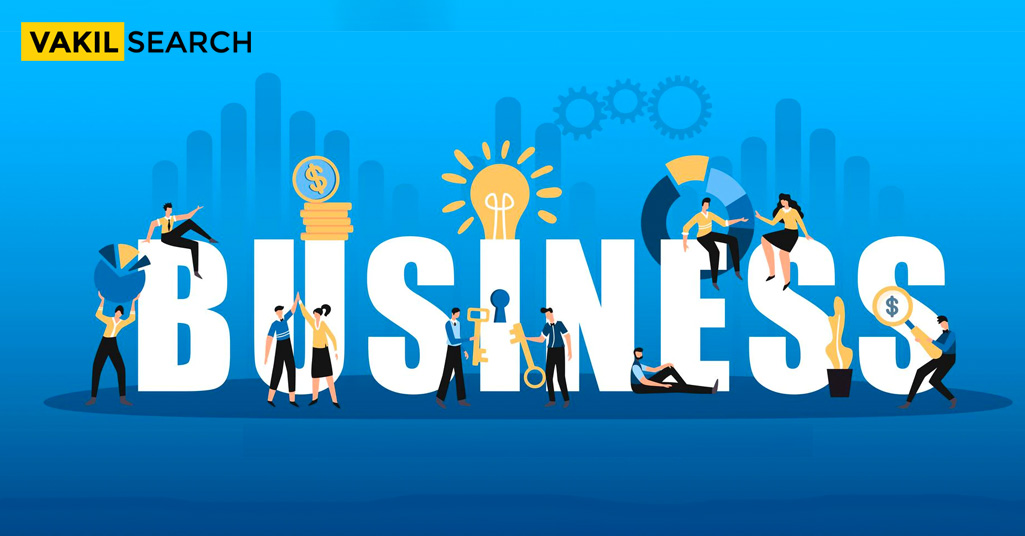When setting up a business, understanding startup costs is crucial. This blog deals with typical expenses such as planning, research, borrowing fees, insurance, licenses, tech needs, equipment, advertising, and employee salaries. Plus, it addresses common queries about business costs. Get insights on the most frequent startup costs, the largest expenses to anticipate, and an estimate of the overall financial outlay to kick off a business.
Key Points
Startup costs are the expenses incurred during the process of creating a new business. Discover the key expenses to start a business, from planning & tech to advertising & employees. Get expert advice and legal help. Here’s a breakdown:
Pre-opening Startup Costs:
- Business Plan: Blueprint of your business outlining objectives and strategies.
- Research Expenses: Funds spent on understanding the market and competition.
- Borrowing Costs: Interest rates and associated fees for business loans.
- Technological Expenses: Costs for setting up websites, buying software, etc.
Post-opening Startup Costs:
- Advertising: Making your business known to potential customers.
- Promotion: Special deals or events to draw in initial customers.
- Employee Expenses: Salaries, benefits, and training costs for staff.
Business Structure Costs:
Different structures like sole proprietorships, partnerships, and corporations come with varying expenses. Ensure you’re informed about the costs relevant to your chosen business structure
Introduction
Starting your own business is exciting, but it’s not cheap. Before you jump in, it’s smart to look at the costs involved. Here’s a simple breakdown:
Office Space: This isn’t just about renting a place. Think about utilities like electricity and water, furniture, and maybe some fixes to make the space work for you.
Legal Fees: Starting a business means some paperwork. You might need to register your business, get some licenses, or even get legal advice. This can add up.
Payroll: If you’re hiring people, you need to pay them. And don’t forget about benefits or training costs.
Business Credit Cards: These can help manage your expenses. But remember, they come with fees and interest.
Other Costs: There are other things like marketing, supplies, or tech needs that you’ll spend money on.
Similarly, when you start a business, the costs would be unexpected. But it is okay, have a general idea and have conversations with people who can help you with it.
Understanding Common Business Startup Costs
The Business Plan
Crafting a business plan is your roadmap to success. Whether you hire a consultant or do it yourself, there might be costs associated with software, research, or expert advice.
Research Expenses
Research is important in understanding your market, competition, and customer preferences. Costs might include purchasing market reports, conducting surveys, or hiring research firms.
Borrowing Costs
If you’re taking out loans, be prepared for interest rates and possible origination fees. A clear understanding of these costs helps in effective financial planning.
Insurance, License, and Permit Fees
Most businesses require some form of insurance, licenses, or permits. Whether it’s general liability insurance or specific licenses, these costs are often mandatory.
Technological Expenses
From creating a website to buying relevant software and ensuring cybersecurity, technological costs are a staple in today’s digital age.
Equipment and Supplies
Physical goods businesses might require machinery or initial inventory. Even service-based businesses need basic equipment like computers and furniture.
Advertising and Promotion
To make your presence known, you’ll need marketing. This could range from digital advertising campaigns to traditional billboards or even business cards.
Employee Expenses
If you’re hiring, consider salaries, benefits, training, and recruitment costs. Even if you’re starting solo, there might be freelance or consultancy fees.
Additional Startup Cost Considerations
Starting a business can bring surprises, especially when it comes to costs. Sometimes, things don’t go as planned, and unexpected expenses come up. That’s why it’s always a good idea to have some extra money saved up as a safety net. As your business grows, there may also be costs related to learning and professional growth, like workshops or courses. Then there are the initial expenses, like deposits for rent or utilities, that you need to pay upfront. And don’t forget, depending on what kind of business you’re starting, there might be specific costs to consider. For instance, if you’re opening a restaurant, there could be special licenses you need to get. All in all, it’s essential to be prepared and have a clear idea of both expected and potential costs when diving into a new business venture.
Why Calculate Startup Costs?
A critical step in developing a business roadmap, just like your business plan, is estimating your Business startup costs. Having even a rough estimate can help you stay on track and avoid unnecessary risks during months that are more erratic.
You’re still not persuaded to investigate your startup costs, are you? Here are a few more reasons why you should calculate your startup costs.
-
Each company is unique.
There is no simple formula to determine startup costs because every industry and company needs a different set of costs. That does not, however, prevent you from creating a reasonable assumption that accurately reflects the needs of your business.
-
Build a solid foundation
Many people underestimate the costs of starting a business and launch it in an impulsive, unplanned manner. While it might be effective in the short run, maintaining this is usually much more challenging.
Customers are frequently wary of newly established businesses with improvised logistics, making it nearly impossible to manage startup costs until you accurately calculate them.
-
Make a financial strategy
Your financial plan is a summary of your company’s current financials and growth projections.
One of the key components of creating a workable financial plan is having realistic startup costs, even if they are only estimates. Knowing what it will take to launch your company can help you.
- A profit estimate
- Identify the breakeven point.
- Boost your company’s potential
- Decide on possible tax deductions.
You must regularly revisit your financial plan over the course of the life of your company if you want to successfully leverage it. If you have these early startup estimates, you will have a starting point for these reviews.
You’ll be able to tell if your estimates are accurate or if you need to make any changes once you’ve been in operation for a few months.
-
Secure loans and attract investors
Lenders and investors are interested in knowing the business plan you have in place. You should be prepared to respond to inquiries regarding your business concept, revenue sources, growth projections, and initial beginning expenditures.
They must be convinced that your company is viable and that you have carefully considered all of the requirements for beginning, running, and expanding it.
Realistic startup expenses must be provided in this circumstance. Additionally, if you can show them how you expect expenses to change or remain the same over time, they will have a better understanding of how you intend to manage your business.
Beyond fixed costs, business owners also mentioned typical one-time expenses that appeared in their first year of operation and cautioned consumers about hidden costs to watch out for.
Conclusion
The costs of starting a business can be very different and depend on a wide range of factors, including your business model, team size, cost of goods, and the industry you operate in. In the end, it doesn’t matter how much money you spend in your first year; what matters is how you spend it. With the help of a Vakilsearch professional, you can get all your legal formalities to start a business done easily.
With decades of experience, they can assist you with any legal issue, including filing tax returns or starting a business.
FAQ:
1. What are 5 common startup costs for a business?
The top 5 are typically: Business Plan creation, Research expenses, Borrowing costs, Technological expenses, and Advertising and Promotion.
2. What is the biggest expense of a startup?
This varies by industry. For tech startups, it might be software development, while retail businesses might find inventory or rent to be the most significant.
3. How much does it cost overall to start a business?
There's no specific answer. It depends on the business type, location, and scale. However, a thorough business plan will provide a clear estimate tailored to your specific venture.
Read more:










